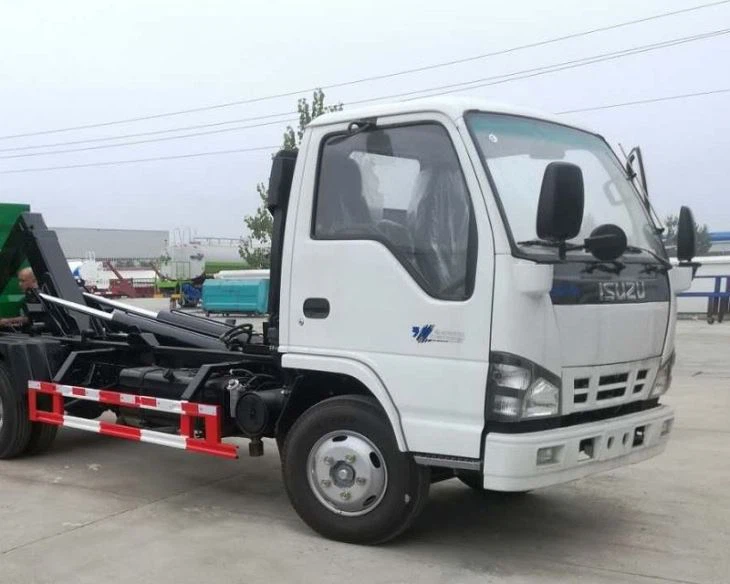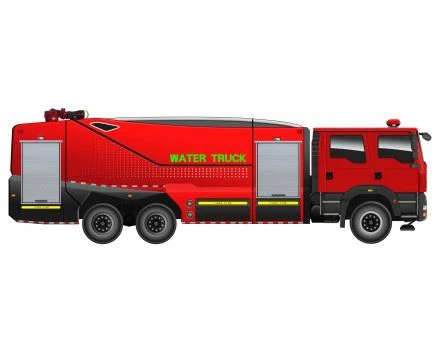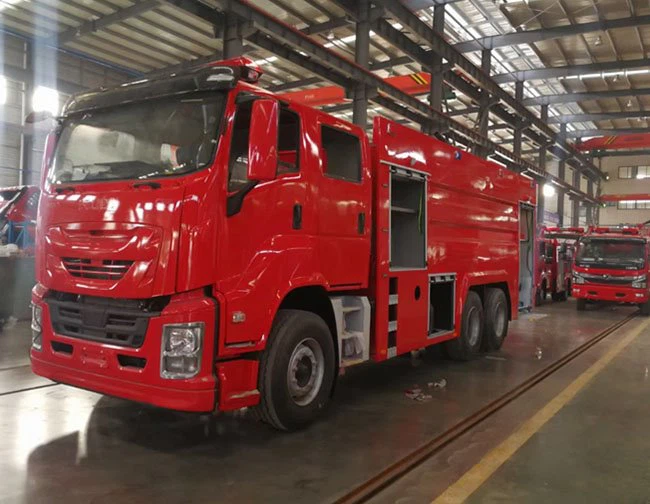Introduction
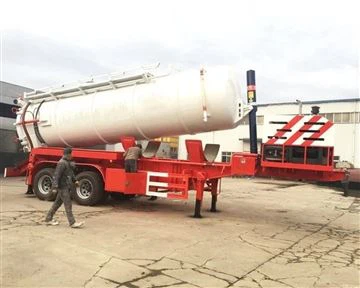
Garbage truck pick up is an essential service that helps maintain cleanliness and hygiene in our communities. Understanding how the garbage pick-up system works, the different types of garbage trucks, and best practices for residents can lead to more effective waste management. In this article, we will delve into every aspect of garbage truck pick up, including schedules, types of waste, tips for proper disposal, and more. Let’s explore how garbage truck pick up operates and why it plays a crucial role in our everyday lives.
Understanding Garbage Truck Pick Up
What is Garbage Truck Pick Up?
Garbage truck pick up refers to the regular collection of waste materials by municipal or private services. These trucks are specially designed to collect, transport, and dispose of various types of waste, including household garbage, recyclables, and yard waste.
Importance of Garbage Truck Pick Up
Effective garbage pick up contributes to public health, environmental sustainability, and overall community welfare. Regular waste collection:
- Prevents the spread of diseases.
- Reduces litter and pollution in public spaces.
- Encourages recycling and waste reduction.
The Types of Garbage Trucks
Front Load Garbage Trucks
Front load garbage trucks are commonly used for commercial waste collection. A front loader has forks at the front that lift and dump waste into the truck’s container.
Rear Load Garbage Trucks
These trucks have an open rear section that allows workers to manually load garbage into the truck’s body. They are usually used for residential waste collections.
Side Load Garbage Trucks
Side load garbage trucks are designed to collect waste from the side, often with the help of a robotic arm. This type is efficient for residential areas and can work alone without additional staff.
Specialty Garbage Trucks
Some garbage trucks are designed for specific types of waste, such as hazardous materials or organic waste. These trucks often have unique features to handle specific waste safely.
How Garbage Truck Pick Up Works
Collection Schedules
Most municipalities have set schedules for garbage collection, typically occurring once or twice a week. Residents should check local schedules to ensure timely waste disposal.
Preparing for Garbage Pick Up
Proper preparation is critical for effective garbage pickup:
- Place bins at the curb by a specific time.
- Follow local guidelines for bin placement and waste segregation.
- Ensure lids are closed to prevent littering.
Types of Waste Collected
Understanding what can and cannot be placed in garbage bins is crucial. The main types of waste collected include:
| Type of Waste | Examples |
|---|---|
| Household Waste | Food scraps, non-recyclable plastics, diapers |
| Recyclables | Paper, cardboard, glass bottles, aluminum cans |
| Yard Waste | Grass clippings, branches, leaves |
| Bulky Items | Furniture, mattresses, appliances |
Contamination Issues in Garbage Pickup

Contamination occurs when recyclable materials are mixed with non-recyclables. It is essential to educate residents about proper disposal to improve recycling rates. Common contaminants include:
- Food-soiled items
- Plastic bags
- Shredded paper
Best Practices for Residents
Proper Waste Separation
Learning to separate waste properly can enhance recycling efficiency. A simple rule is to follow the three R’s: Reduce, Reuse, and Recycle.
Minimizing Waste Generation
Residents can minimize waste by:
- Opting for reusable shopping bags.
- Composting organic waste.
- Avoiding single-use plastics.
Community Involvement
Participating in community clean-up initiatives helps raise awareness about waste disposal. Getting involved can lead to a cleaner and more engaged community.
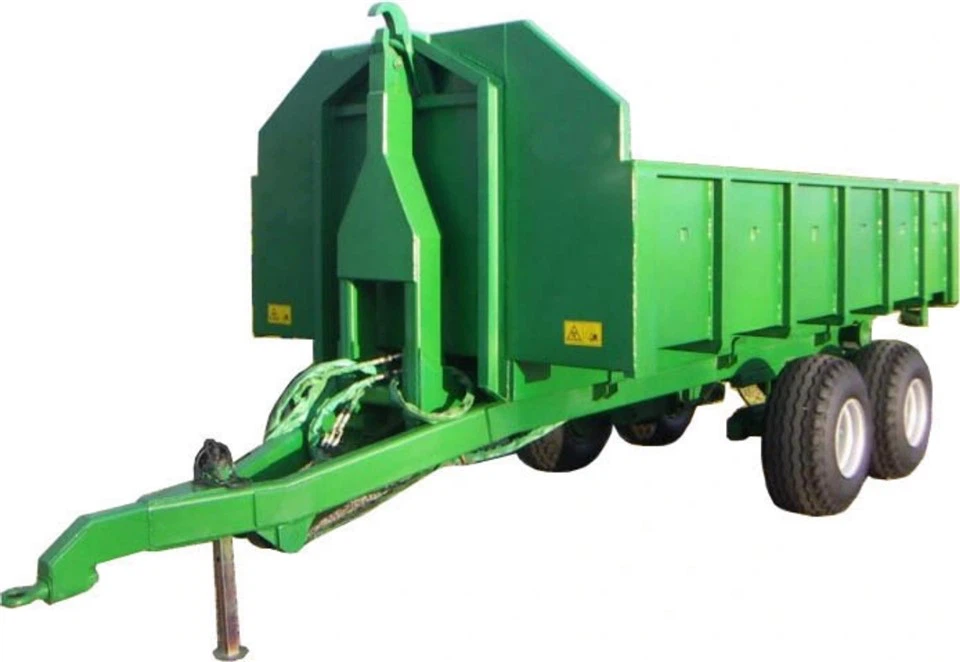
Technological Advancements in Garbage Collection
GPS Tracking Systems
Garbage trucks equipped with GPS tracking systems optimize routes for efficiency, reducing fuel costs and service times.
Smart Bins
Smart bins with sensors can signal when they are full, helping garbage companies efficiently manage their collection schedules.
Challenges Faced in Garbage Truck Pick Up
Overcrowding and Traffic Issues
Garbage trucks often face challenges such as congested roads, especially in urban areas. Planning routes during off-peak hours can help mitigate this issue.
Budget Constraints
Municipal budgets for waste management can be limited, affecting the frequency and quality of garbage collection services. Advocacy for better funding can support enhanced services.
Environmental Concerns
Improper waste disposal leads to increased pollution and landfill overflow. Innovating waste management practices can help tackle these environmental issues effectively.
Future of Garbage Truck Pick Up
Innovative Waste Collection Methods
As cities grow, the demand for better waste management technologies will increase. Research into autonomous garbage trucks shows promise for the future of garbage collection.
Community Engagement and Education
Investing efforts in community education can foster responsible waste disposal habits, leading to environmental sustainability.
FAQs
What time do garbage trucks typically come?
Garbage truck pick up times vary by location, but they commonly arrive early in the morning or later in the day. It’s best to check with your local waste management authority.
What should I do if my garbage was not picked up?
If your garbage was not picked up, check for missed service announcements. If no notices were posted, contact your local waste management service to report the issue.
Can I put yard waste in my regular garbage bin?
Yard waste should typically be placed in designated yard waste bins or composted. Check your local guidelines for specific instructions on yard waste disposal.
How can I get rid of hazardous waste?
Hazardous waste generally must be disposed of at special collection events or designated drop-off locations. Never place hazardous materials in your regular garbage.
How do I find out about recycling in my area?
Your local government website often has resources and guidelines on recycling practices. They may also provide educational materials and local recycling centers.
What happens to my garbage after it’s collected?
After collection, garbage is transported to landfills or recycling facilities, where it is sorted, processed, or disposed. Some materials may be composted or transformed into energy.
